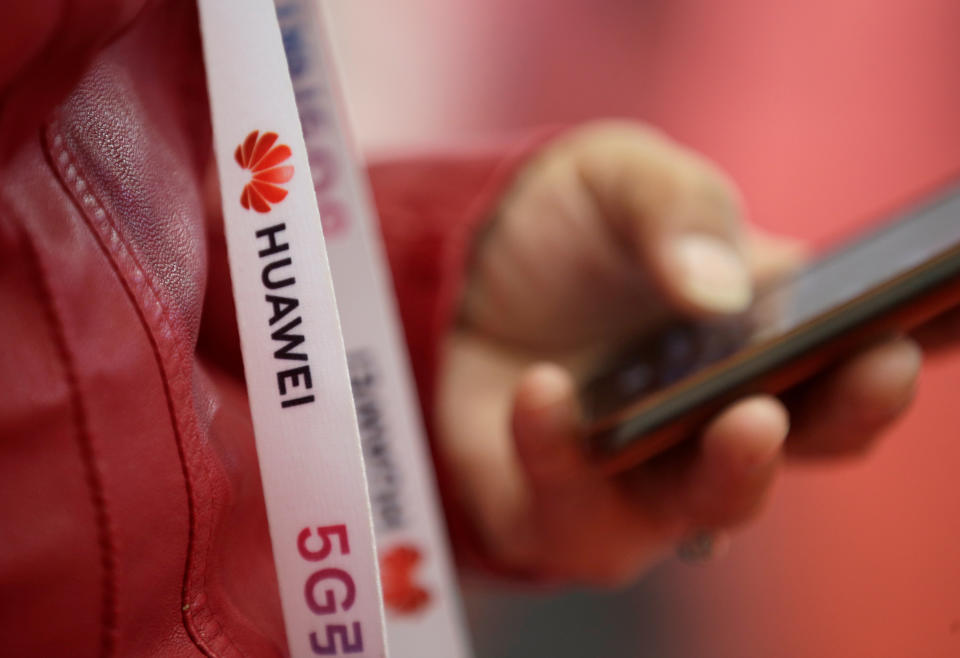US steps up pressure on Britain over Huawei 'madness'
The US is stepping up its lobbying campaign to convince the UK not to let Huawei work on its 5G infrastructure.
The Guardian and the Financial Times both reported that top US officials this week delivered a dossier to the UK detailing new security concerns about Huawei. Both papers quoted an unnamed official as saying it would be “madness” for the UK to allow Huawei to work on 5G, the next-generation telecoms infrastructure.

The briefings to the papers and the behind-the-scenes pressure are part of an extended campaign by the US to stop the UK allowing Huawei to work on communications infrastructure. US officials are concerned any involvement could allow the Chinese government to spy on sensitive communications.
The UK is part of the so-called “five eyes” intelligence sharing group, made up of the US, Canada, Australia, New Zealand, and Britain. The five countries share sensitive national security and threat information, leading to fears that any compromise within one member state could endanger the security of all parties.
Huawei is thought to have close links to the Chinese state and US officials believe it could be easily compromised. US President Donald Trump described Huawei as a “security risk” at a NATO summit in December.
The UK believes it can contain any risks and Theresa May’s cabinet narrowly voted to allow Huawei to work on non-core equipment last year, although that decision was put under review. Prime minister Boris Johnson is expected to make a final ruling on the issue later this month.
READ MORE: China threatens 'consequences' if Germany bans Huawei
“If people oppose one brand or another, then they have to tell us which is the alternative?” Johnson told the BBC in a TV interview on Tuesday. “On the other hand, let’s be clear, I don't want, as UK prime minister, to put in any infrastructure that is going to prejudice our national security.”
The visit from the US delegation comes days after the head of MI5 downplayed the risks posed by Huawei. Spy chief Sir Andrew Parker told the Financial Times over the weekend there was “no reason to think” that the UK’s intelligence sharing agreement with the US would be threatened if Huawei was cleared to work on parts of the British 5G network.
The US placed Huawei on a sanctions list last May and several countries around the world have already banned the company from working on 5G.
“Everybody I have spoken to is not going forward, but how many countries can I speak to?” Trump said at the NATO summit in December. “Am I going to call up and speak to the whole world?”
Huawei said in its annual letter in December that it was in a fight for “survival” against “concerted efforts by the US government to keep us down.”
READ MORE: Huawei in fight for 'survival' despite record sales

 Yahoo Finance
Yahoo Finance 